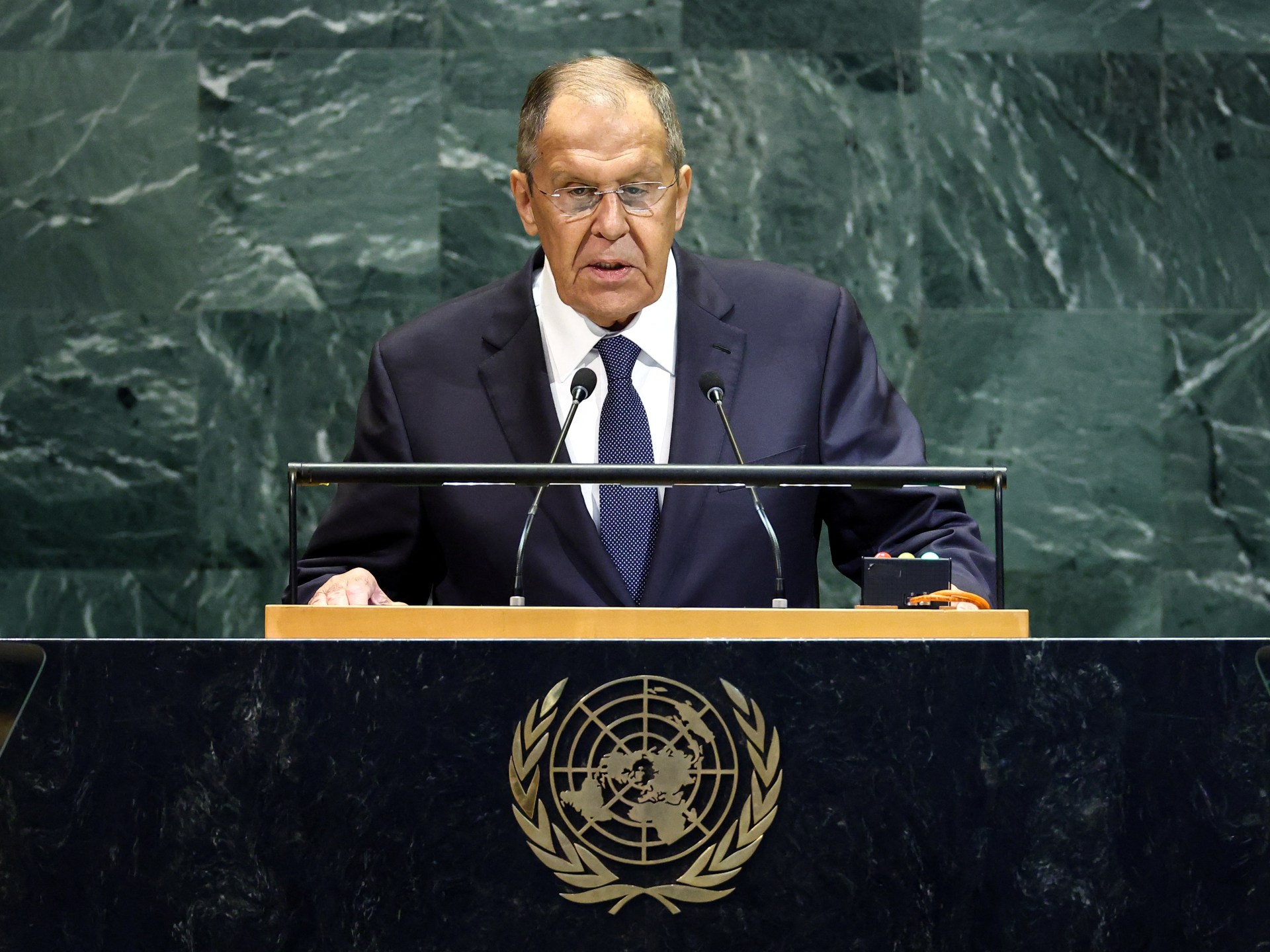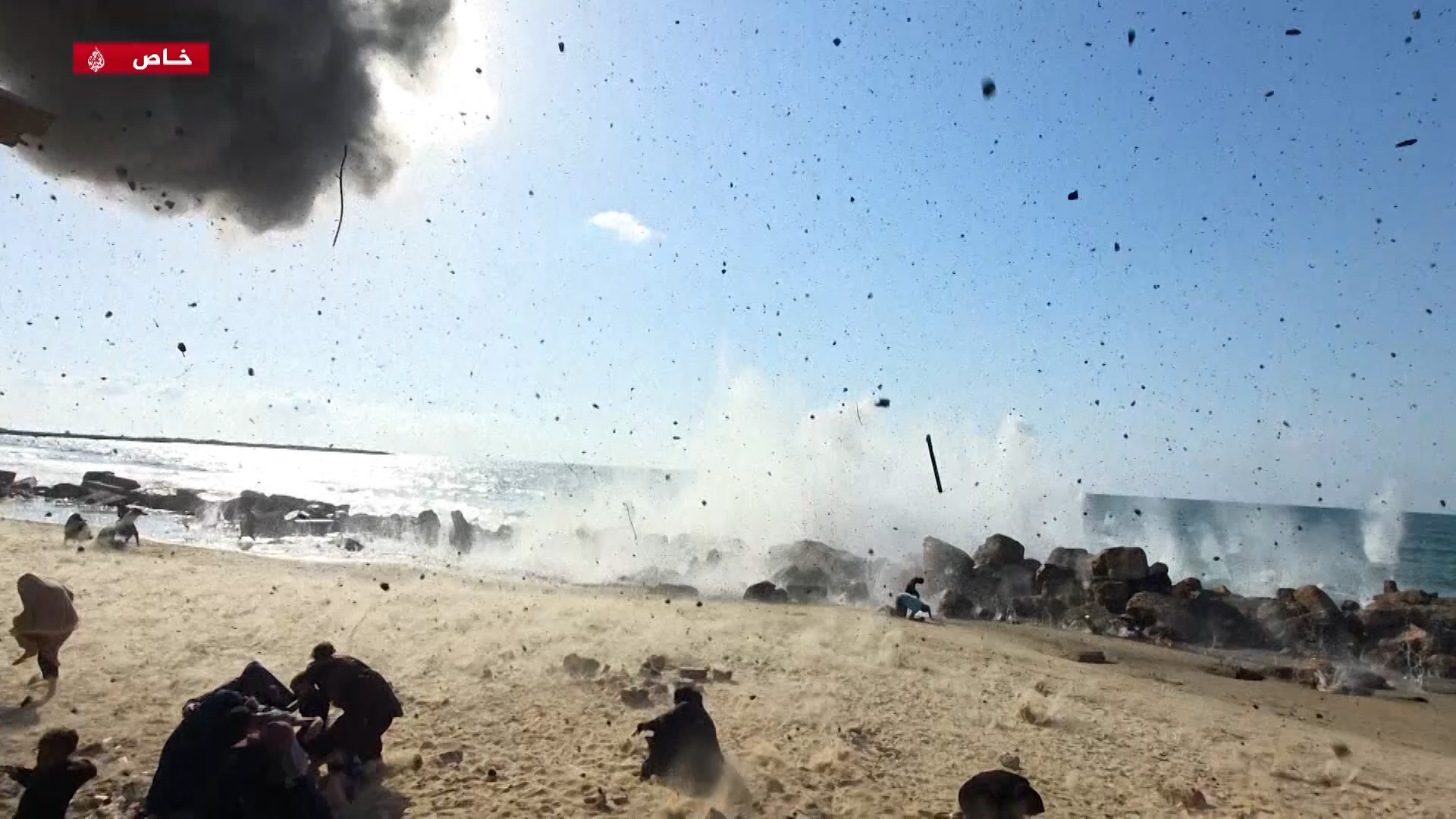Control over lucrative exports was a major point of contention between Baghdad and Kurdistan region, with a key pipeline to Turkiye shut since 2023.
Published On 27 Sep 2025
Iraq has resumed crude oil exports from the semi-autonomous Kurdistan region to Turkiye after an interim deal broke a two-and-a-half-year deadlock over legal and technical disputes.
The resumption started at 6am local time (03:00 GMT), according to a statement from Iraq’s oil ministry on Saturday. “Operations started at a rapid pace and with complete smoothness without recording any significant technical problems,” the ministry said.
Recommended Stories
list of 4 itemsend of list
Turkish Energy Minister Alparslan Bayraktar also confirmed the development in a post on X.
The agreement between Iraq’s federal government, the Kurdistan regional government (KRG) and foreign oil producers operating in the region will allow 180,000 to 190,000 barrels per day (bpd) of crude to flow to Turkiye’s Ceyhan port, Iraq’s oil minister told Kurdish broadcaster Rudaw on Friday.
The resumption follows a tripartite agreement reached earlier this week between the ministry, the Kurdish region’s natural resources ministry, and international oil companies operating in the region.
The United States had pushed for a restart, which is expected to eventually bring up to 230,000 bpd of crude back to international markets at a time when the Organization of the Petroleum Exporting Countries (OPEC) is boosting output to gain market share. US Secretary of State Marco Rubio welcomed the deal in a statement, saying it “will bring tangible benefits for both Americans and Iraqis”.
Iraq’s OPEC delegate, Mohammed al-Najjar, said his country can export more than it is now after the resumption of flows via the Kirkuk-Ceyhan pipeline, in addition to other planned projects at Basra port, state news agency INA reported on Saturday.
“OPEC member states have the right to demand an increase in their [production] shares especially if they have projects that led to an increase in production capacity,” he said.
Companies operating in the Kurdistan region will receive $16 per barrel to cover production and transportation costs. The eight oil companies that signed the deal and the Kurdish authorities have agreed to meet within 30 days of exports resuming to work on a mechanism for settling the outstanding debt of $1bn the Kurdistan region owes to the firms.
Control over lucrative oil exports has been a major point of contention between Baghdad and Erbil, with the deal seen as a step towards boosting Iraq’s oil revenues and stabilising the relationship between the central government in Baghdad and the Kurdish region.
Oil exports were previously independently sold by the Kurdish authorities, without the approval or oversight of the federal authorities in Baghdad, through the port of Ceyhan in Turkiye.
The Kirkuk-Ceyhan pipeline was halted in March 2023 when the International Chamber of Commerce in Paris ordered Turkiye to pay Iraq $1.5bn in damages for unauthorised exports by the Kurdish regional authorities.
The Association of the Petroleum Industry of Kurdistan, which represents international oil firms operating in the region, put losses to Iraq since the pipeline closed at more than $35bn.




Leave a Comment